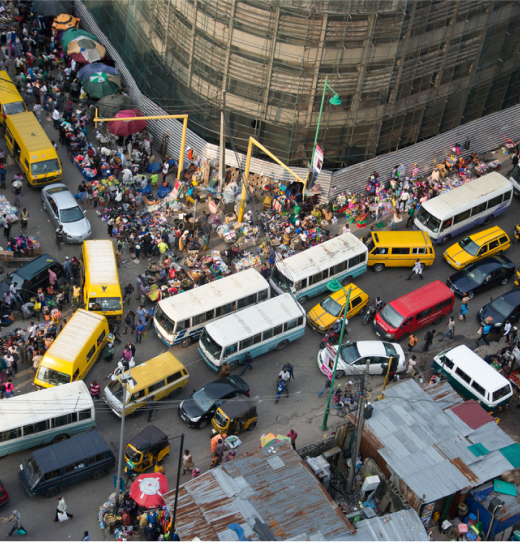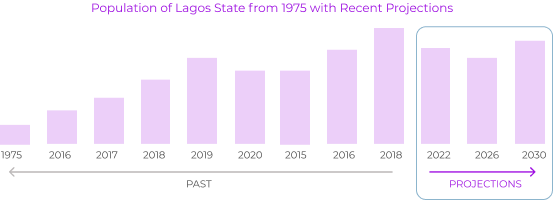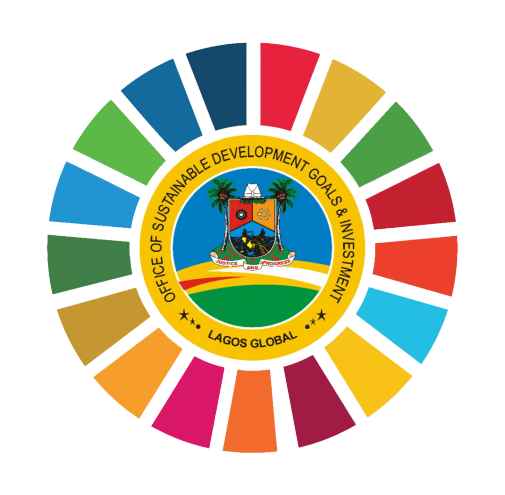
History
Lagos is the commercial capital of Nigeria and the economic hub of West Africa.
Lagos State was created on May 27, 1967 and became the federal capital of Nigeria on April 11, 1968. It remained the capital until 1991 when the government seat was moved to the Federal Capital Territory, Abuja. In spite of the movement of the capital to Abuja, Lagos still remains the commercial capital of the country and the economic hub of West Africa to date.
Location
Location West Nigeria
GDP
GDP $136.6 billion (2015)
Population
Population 21 million est.(2014)
The Economy
The GDP of the formal economy of Lagos is estimated to be $136.6 billion contributing 30% to the GDP of Nigeria as at August 2015. The GDP has an estimated growth rate of 10% and it is expected that by 2025 the GDP will be $355billion.
Lagos State's Internally Generated Revenue (IGR) for 2014 was approximately $1.4billion. more than three times the amount generated by Rivers State. the second highest state.
The high IGR positions Lagos for strong growth. thereby improving the standard ofiiving and incomes of the population to further boost the state's economy. It currently takes 25 days to start a business in Lagos and over the last year. the ease of getting credit has improved by 30%, thereby easing the process of investing in Lagos.
Exchange Rate
$1 - N305.00 (December 2017)
GDP per Capital
$3. 7 43.90 (2017)est.


Population
Lagos is currently the most populous city in Africa
Lagos State has a population of21 million as atJanuary 2015, making it Africa's largest city and the 3rd largest city in the world. The population has an average annual growth rate of 3.2%and is estimated to be over 30 million by 2025. This large population creates a viable market for manufacturing and retail of consumer goods and other services. Lagos also happens to be the most learned state in Nigeria with over 45% of the skilled manpower in Nigeria located in Lagos. The state has a literacy rate of 92% that is significantly higher than the national average of 56%.

Business Climate
Lagos State fosters a conducive environment that allows businesses to thrive
60%
(approx.) of industrial investments in Nigeria come into Lagos State
90%
of companies in Nigeria across most industries have chosen to locate their headquarters in Lagos.


